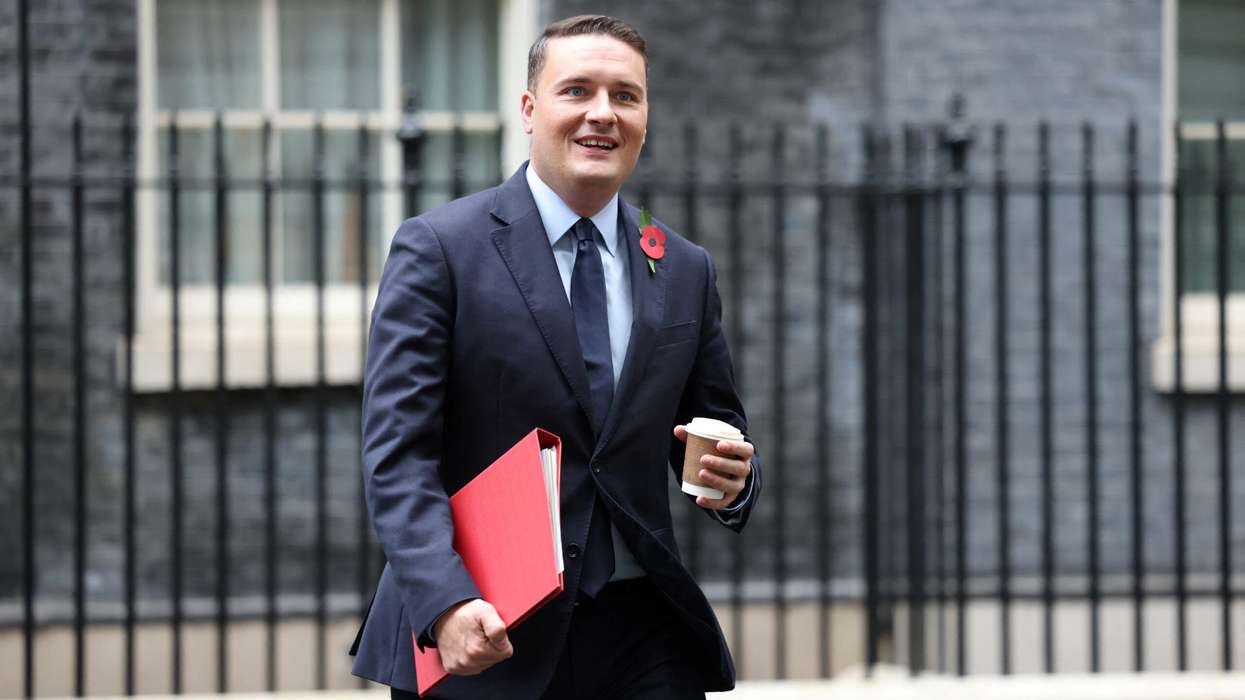The UK is set to experience a combination of hot and humid weather alongside a series of thunderstorms over the next few days, prompting a heat-health alert and multiple weather warnings from the Met Office. Temperatures could reach up to 30°C in some areas, particularly in parts of south-east and central England.
Heat-health alert issued across southern and eastern England
The UK Health Security Agency (UKHSA), in collaboration with the Met Office, has issued a yellow heat-health alert covering the east of England, the East Midlands, London and the South East. The alert will be in place from 9pm on Thursday, 13 June, until 8am on Sunday, 16 June.
Under the UKHSA’s guidance, a yellow alert indicates potential increased pressure on health services, especially due to impacts on vulnerable populations. People over 65 and those with pre-existing health conditions, such as cardiovascular and respiratory illnesses, are particularly at risk. The agency has advised the public to stay hydrated, avoid excess sun exposure during peak hours, and check on elderly neighbours or those with health concerns.
Dr Agostinho Sousa, head of Extreme Events and Health Protection at UKHSA, noted: “Even moderate heat can result in serious health outcomes, especially for older adults. It is important for people to take sensible precautions and remain aware of the forecast. If you have friends, family or neighbours who are more vulnerable, please ensure they are following health guidance.”
Thunderstorm warnings in place through Saturday
Alongside the heat alert, the Met Office has issued several yellow thunderstorm warnings as warm, humid air moves northwards from the Iberian Peninsula.
A yellow warning was issued for the South West of England and Northern Ireland from Thursday until 1pm. Thunderstorms and heavy rain are expected to develop and move north, with the potential for travel disruption. The Met Office warned of difficult driving conditions due to spray, standing water, and possibly hail. Delays to rail and bus services are also possible, with a risk of short-term power outages.
A second yellow thunderstorm warning covers the South East of England from 3pm on Friday to 6am on Saturday. The warning highlights the possibility of sudden flooding, road closures, and the chance that isolated communities could be temporarily cut off by floodwaters. There is also a risk of damage to buildings caused by lightning, hail, strong winds, and fast-flowing floodwater.
“There is a small chance of fast-flowing or deep floodwater causing danger to life,” the Met Office stated.
Weather overview: temperatures climb as storms approach
Temperatures are expected to peak later in the week. Highs of 27°C are forecast on Wednesday, with parts of central and south-east England potentially reaching 30°C on Friday.
Met Office Deputy Chief Meteorologist Mike Silverstone said, “After largely benign weather early in the week, some intense, thundery showers will move in on Wednesday evening. These thunderstorms are being triggered by some warm, humid air that is moving into the UK from the south.”

Mr Silverstone added that heatwave thresholds could be reached in some regions, including the northwest Midlands, northwest England and northeast Wales. However, he noted that this depends on cloud cover, making it uncertain.
He also pointed out that this warm spell may feel more uncomfortable than May’s fine weather due to increased humidity. “Additionally, while in May the nights were still fairly cool, overnight temperatures this week are forecast to remain fairly warm, which can disrupt people’s sleep,” he said.
Detailed forecast: Wednesday to Sunday
Wednesday:
A largely dry and sunny day is expected across much of the UK, especially after morning cloud dissipates in the south. The far northwest of Scotland will remain cloudy with periods of rain. Temperatures will be widely very warm.
By the evening, showers will begin to move into western areas, followed by a more organised band of thundery rain developing overnight. Many areas will experience a warm night.
Thursday:
Rain, occasionally heavy, will push north and east across the country throughout the day. Brighter spells may follow in some regions, though scattered showers are also likely. The day will remain warm and increasingly humid, despite breezy conditions.
Friday to Sunday Outlook:
The warm and humid conditions will continue on Friday, with another round of heavy and thundery rain forecast, particularly during the afternoon and evening. The weekend will remain unsettled with further spells of rain and showers, although fresher air will gradually begin to spread across the country.
Some western areas could receive between 20-40mm of rain within a few hours on Thursday. The Met Office has indicated that lightning and intense downpours may cause localised flooding and disruption.
Advice for the public
The UKHSA and the Met Office have advised the public to monitor weather updates and follow health and safety guidance during the period of high heat and storm activity. Precautionary measures include:
- Staying hydrated and avoiding physical exertion during the hottest part of the day
- Using fans or opening windows at night to cool down interiors
- Keeping homes shaded during the day
- Looking out for vulnerable individuals in the community
With a combination of high temperatures and stormy weather likely to affect travel, health services and daily routines, authorities are urging residents to plan ahead and stay informed.





